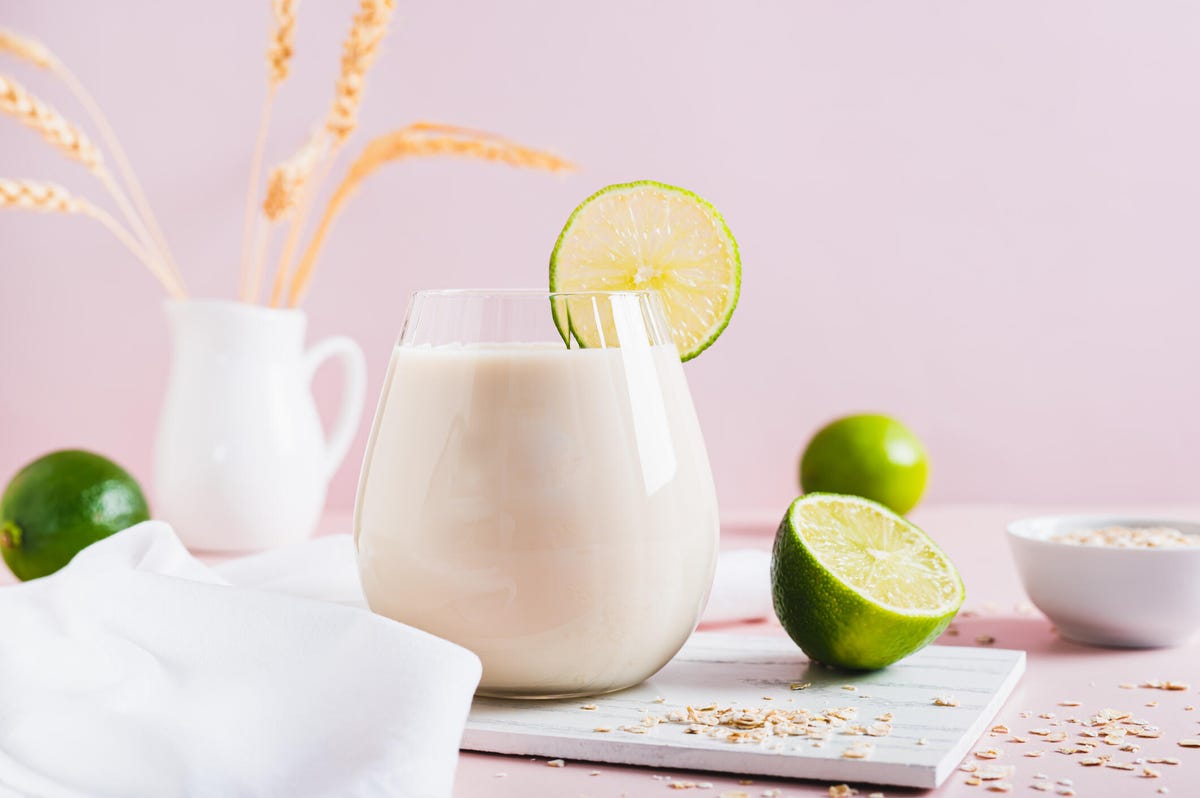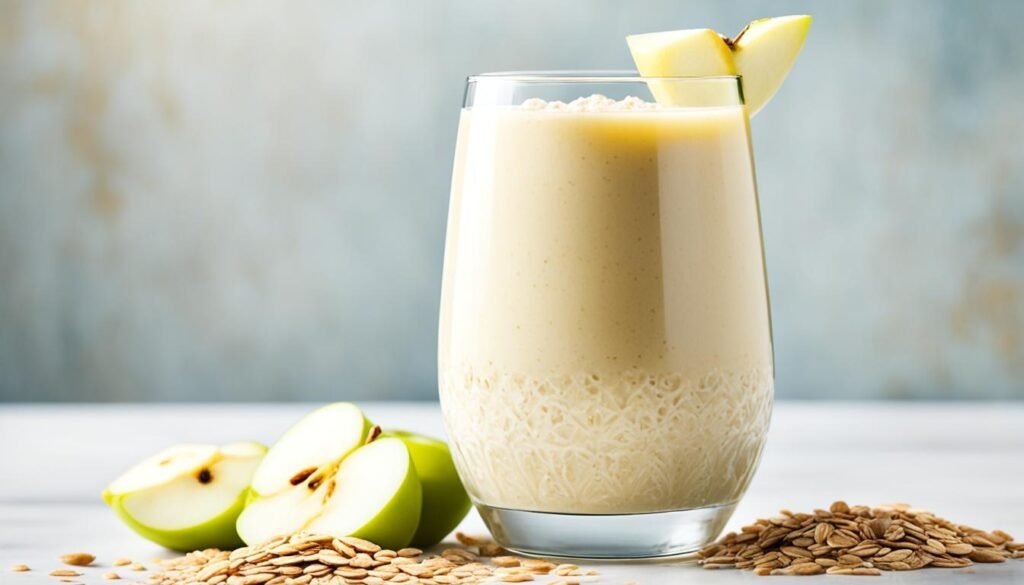When it comes to weight loss, Oatzempic has been receiving a lot of attention. But can this liquid meal really help you shed pounds, or is it just a temporary fix? According to expert nutritionist DeCicco, the effectiveness of Oatzempic might lie in one simple concept: fewer calories.

The Simple Truth Behind Oatzempic’s Weight Loss Effect
DeCicco suggests that if Oatzempic has any impact on weight loss, it’s likely due to the fact that it contains fewer calories than a typical meal. “If you reduce calories from even one meal a day, you’re more likely to lose weight,” she explains.
For many people, cutting out high-calorie foods or drinks even just one time a day can create a calorie deficit, which is a key factor for losing weight. This reduction could, in theory, contribute to gradual weight loss over time. However, she warns that relying on such a strategy long-term may not be sustainable.
Why Oatzempic is Not a Sustainable Long-Term Solution
While the reduction in calories may lead to weight loss in the short term, DeCicco highlights an important issue: “This is not a long-term solution to weight loss.” Relying on liquid meals or meal replacements like Oatzempic for extended periods can actually have negative consequences.
Drinking liquid meals for long stretches can feel convenient, but it doesn’t address the long-term habits necessary for sustaining weight loss. Most people will eventually find it difficult to continue drinking liquid meals regularly, leading them to revert to their usual eating habits, which can cause weight to be regained.
In real life, many people who start with weight loss strategies like Oatzempic often report initial success followed by a plateau or even weight gain once they stop using it. This could be due to the fact that liquid meal plans don’t teach individuals the skills necessary to maintain a balanced, nutrient-dense diet.
The Missing Nutrients in Oatzempic
Another key limitation of Oatzempic is that it “falls short in many areas.” For instance, the drink lacks essential nutrients like antioxidants, which are found in fruits and vegetables. These nutrients play a crucial role in overall health, supporting everything from immune function to skin health. Additionally, Oatzempic doesn’t include omega-3 fatty acids, which are important for heart health and reducing inflammation.
DeCicco points out, “A well-balanced diet should include these vital nutrients. Without them, you’re not giving your body the fuel it truly needs.”

A Personalized Approach to Weight Loss
As DeCicco emphasizes, “Long-term weight loss is individually based.” What works for one person might not work for another, and that’s where the importance of personalized nutrition comes in. Sustainable weight loss is about making informed choices that fit your lifestyle, preferences, and body needs.
It’s essential to create a weight loss plan that not only helps you lose weight but also helps you maintain that weight loss in the long run. This might involve a combination of nutrient-dense foods, regular physical activity, and finding ways to manage stress—strategies that can help support a healthy metabolism.
A Balanced Diet: The Key to Sustainable Weight Loss
So, what should you do if you’re looking for a sustainable weight loss solution? The key is a balanced diet. Instead of focusing on quick fixes like liquid meals or supplements, it’s important to prioritize whole, nutrient-rich foods. Include plenty of fruits, vegetables, lean proteins, whole grains, and healthy fats. These foods will keep you fuller for longer and provide your body with the energy and nutrients it needs to thrive.
Additionally, physical activity plays an essential role in maintaining weight loss. Regular exercise—even if it’s just a brisk walk every day—supports fat burning, muscle growth, and overall health. Consistency is key, and it doesn’t require extreme measures. Finding an exercise routine that works for you is essential.
Sustainable Weight Loss is About Balance, Not Quick Fixes
In conclusion, while Oatzempic may offer some short-term weight loss benefits by cutting calories, it is not a long-term solution for weight management. Liquid meal replacements simply don’t provide the necessary nutrients to support overall health. For sustainable weight loss, focus on creating a balanced diet that includes a variety of whole foods, maintain regular physical activity, and stay consistent with your efforts.
As DeCicco wisely says, “Long-term weight loss is individually based.” Everyone’s journey to health is unique, so find what works best for you and remember that small, consistent changes can lead to lasting results.